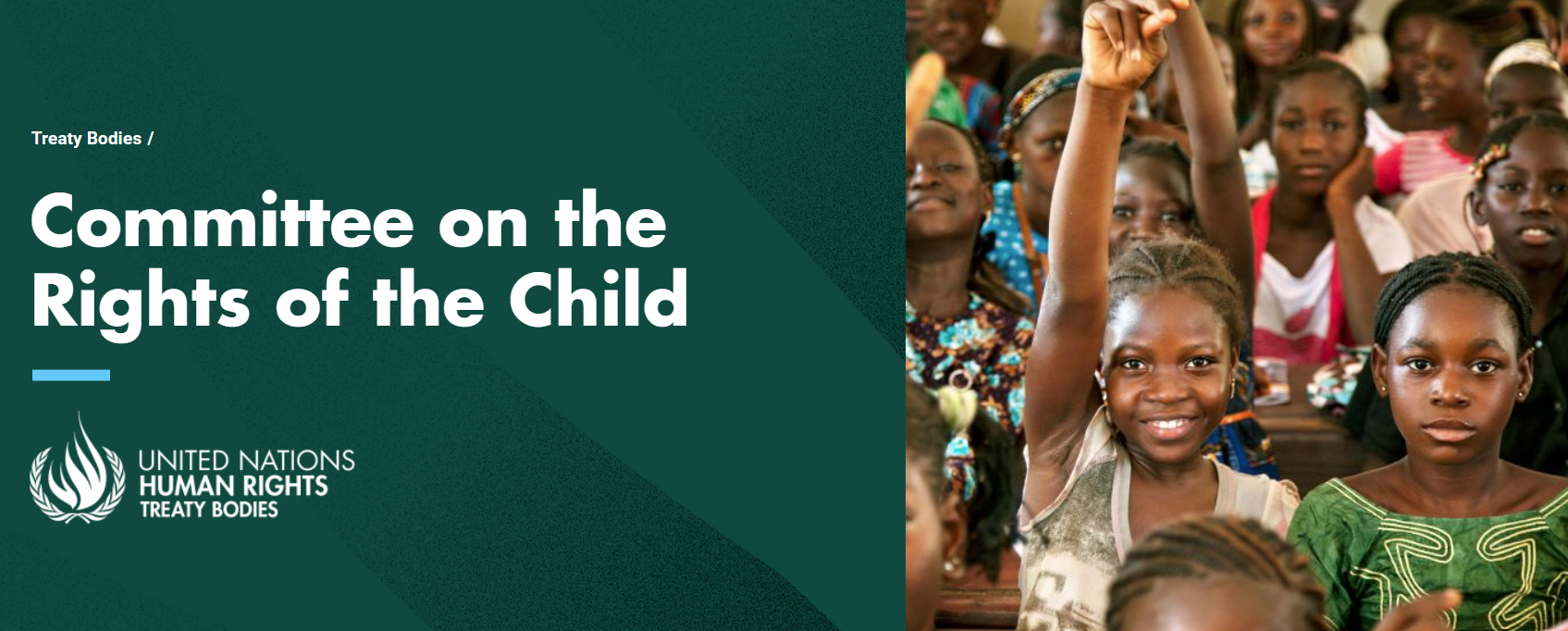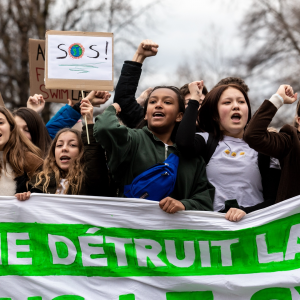At its 95th session in January-February 2024, the Committee on the Rights of the Child issued recommendations and observations on the prohibition and elimination of corporal punishment of children to Bulgaria, Congo, Lithuania, the Russian Federation, Senegal and South Africa.
To the Russian Federation and Senegal, the Committee on the Rights of the Child recommended that both States explicitly prohibit corporal punishment in all settings, including in the home, alternative care settings and day care facilities.
The Committee recommended that Senegal repeal all provisions allowing the use of corporal punishment by adults, including in its Family Code:
“Concerned with the levels of physical violence against children in various settings, including in schools, particularly in daaras, and recalling its General Comment No. 8 (2006) on corporal punishment and previous recommendations, the Committee urges the State party to:
a. Explicitly prohibit corporal punishment in law in all settings, including in the home, daaras, early childhood care, day care facilities, alternative care settings, and repeal all provisions allowing the use of corporal punishment by adults, including Article 285 of the Family Code ;
b. Promote positive, non-violent and participatory forms of child-rearing and discipline;
c. Intensify awareness-raising campaigns for parents and professionals working with and for children to promote attitudinal change.”
(2 February 2024, CRC/C/SEN/CO/6-7 6, Concluding observations on sixth/seventh report, Advance unedited version, para. 20)
Bulgaria, Congo, Lithuania and South Africa have achieved full prohibition of corporal punishment, respectively in 2000, 2010, 2017 and 2019. To Lithuania and South Africa, the Committee on the Rights of the Child recommended that both States ensure the effective implementation of the prohibition of corporal punishment in all settings and conduct parenting education programmes. The Committee recommended that Congo adopt relevant bylaws to ensure that prohibition of corporal punishment is adequately enforced in all settings.
In its recommendations to Lithuania, the Committee said:
“While welcoming the amendment in the Law on Fundamentals of Protection of the Rights of the Child prohibiting all forms of violence against children, including corporal punishment, and the efforts already deployed to address the practice of corporal punishment, the Committee remains concerned by the persistence of attitudinal acceptance of this practice within the families and communities.
“Recalling its general comment No. 8 (2006) on corporal punishment, the Committee recommends that the State party:
(a) Take all the necessary steps for the effective implementation of the prohibition of corporal punishment in all settings, including in the home and alternative care institutions, as provided by the amended Law on Fundamentals of Protection on the Rights of the Child, notably by ensuring adequate human, technical and financial resources to this end;
(b) Strengthen awareness-raising campaigns about the harmful impact of violence on the physical and psychological wellbeing of the child for parents and professionals working with and for children and expand activities to promote positive, non-violent and participatory forms of child-rearing and parenting program.”
(2 February 2024, CRC/C/LTU/CO/5-6, Concluding observations on fifth/sixth report, Advance unedited version, paras. 27 and 28)
Find out more about the recommendations in our individual country reports for Bulgaria, Congo, Lithuania, Russian Federation, Senegal and South Africa.
Further information
- Access more information about the 95thsession of the Committee on the Rights of the Child here.
- Find out what the Convention on the Rights of the Child says about corporal punishment.

Find out more about the 95th session of the Committee on the Rights of the Child.




